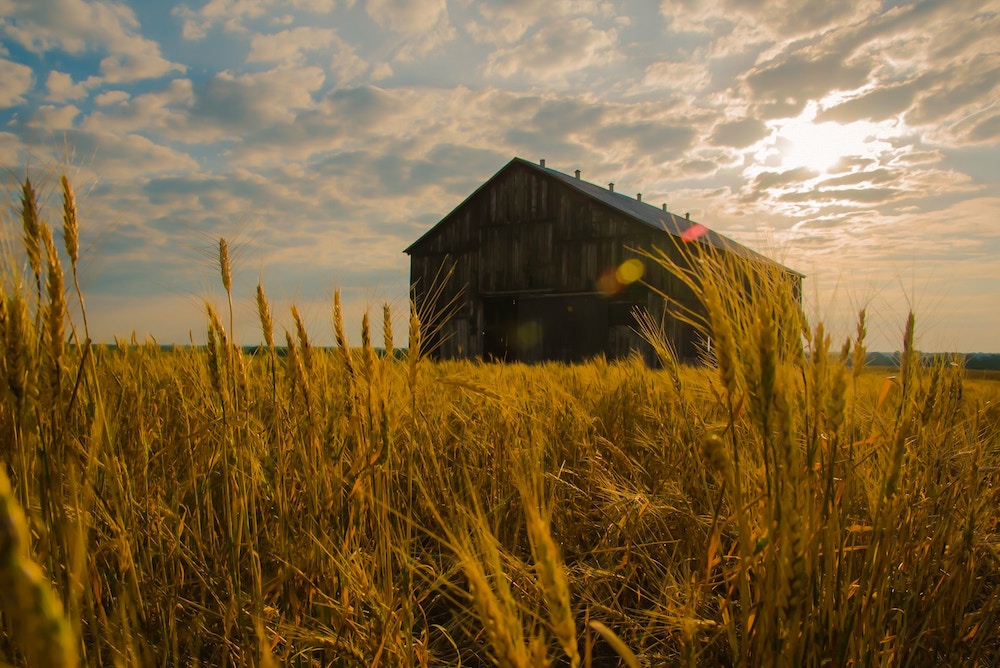My mother doesn’t have a cell phone. Okay, that’s not true: she technically has a smart phone, but she never turns it on. I used to urge her to use it more, to become better at texting and using the internet on it, or even just making calls, but she never puts time into it. Whenever any of the rest of our family is on their phone—searching for a word’s definition, checking the weather, reading up on the news, figuring out where in the world we saw that actor before—she says, “I just don’t understand why people are so interested in their phones.”
I do understand, but I wish I didn’t.
Lately, I have stopped urging her to use her phone. It’s not that I’ve given up on her—she’s sharp enough to learn it if she wants to. It’s that I am grappling with my own phone use. About a year ago, I uninstalled the Twitter and Facebook apps, although I still sometimes check Facebook on my phone via the internet. Failure #1. I stopped all sound alerts so that when a text or email comes, I don’t get a bing and check my phone to read it, but still I find myself constantly looking at my phone. Failure #2. I have some sort of screen time information source on my phone that a few months ago I somehow turned on (it must have popped up and asked if I wanted to use it, like so many other things that pop up). It measures my daily phone usage and sends me a total at the end of every week. I average two hours a day on my phone. TWO HOURS. Failure #3.
This number frightened me enough that I tried to cut back on that amount of time, but some weeks the average has gone up to over two hours a day. What number failure am I on now? Four? I should stop counting.
Don’t get me wrong: there are things I love about my phone. It keeps me better connected to my family because I can call more easily when out on a walk or traveling. I like that I can text someone when I have a quick question versus making a call. But my phone scares me a little, and this is why: my brain and its focus have been changing the last few years. I am way more prone to interrupt a train of thought or conversation or task to look at my phone, feeling a need to check it. Why? What am I checking for? Do I think I’m going to get some text that is so urgent I need to interrupt what I’m doing? Is Gayle King really going to text me?
Last Sunday I did not turn on my phone at all. I could feel myself wanting to, sensing that pull to check texts and whatever else, but I refused. It felt strange all day to not have it on, and what bothered me most was that it felt strange when in fact ten years ago I barely looked at my phone and twenty years ago I did not have one. I have decided to try and do this—keep it off—as much as possible, especially on weekends. I want to get used to life without the constant pull to let myself get distracted.
In the meantime, I think I’ll sit down and talk with my mom on the back porch and look out at the garden transforming into summer and not think about taking a picture with my phone and posting it on Instagram and not check my texts for one from Gayle King. She can call my home line if she really wants to reach me, which I am absolutely sure she will.
Not signed up for my blog? You can do that here.
Photo by Juja Han from Unsplash.com



